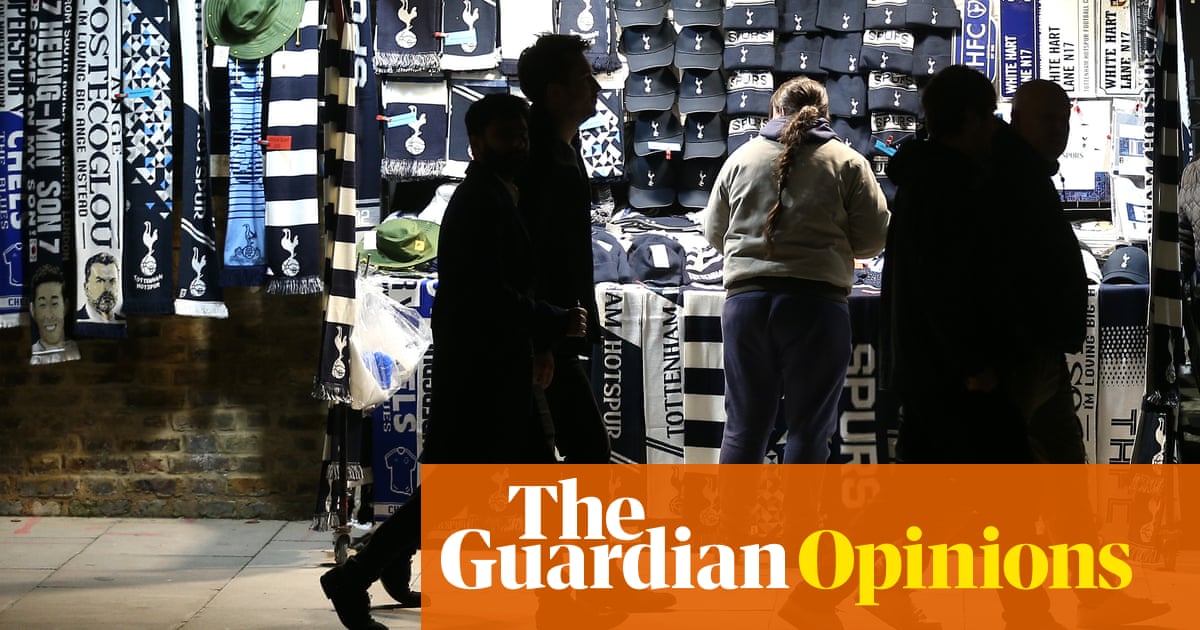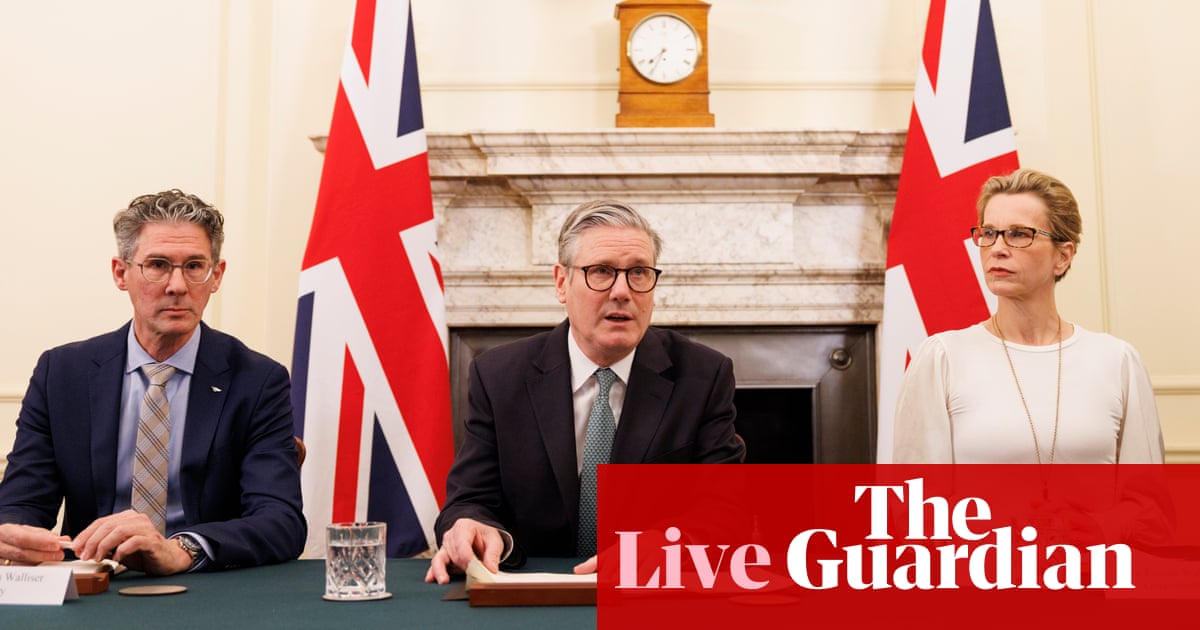Most people love Christmas, but attitudes towards politics in recent years? Frustrated, more than festive. Understanding why is crucial to recognising the underlying political contest of the 2020s, and how high the stakes are. We’re told gloom is the result of short-term political developments, what one politician or another has said. It’s nonsense. The causes are what people see in their lives – the reality of the past 15 years, not the rhetoric of a few months.
The public has witnessed elite failure on a colossal scale. When people have seen the economy stagnate and public services collapse, it’s no surprise political trust is low and apathy high. Generally the British are a trusting bunch (three-quarters believe you can trust other people compared with the OECD average of two-thirds), but faith in government is in short supply: only one in four trusted it towards the Conservative administration at the end against two-fifths across the Organisation for Economic Co-operation and Development.
This is what happens when the basics people expect, from rising wages to pothole-free roads, become distant memories. Everyone witnessed Conservative ministers repeatedly announce HS2 while proving incapable of finishing it, and promise to cut migration, before letting it hit record highs.
Loss of trust matters, affecting whether people turn out to vote and who they vote for. Populism feeds on pessimism, and the failure of the past 15 years has spread gloom far and wide. The previous government damaged our psychology, as well as our economy, convincing people not only that things haven’t got better, but that they can’t.
The political contest of the 2020s is now between those of us trying to fix the loss of trust in politics and those hoping to exploit it. We are no longer in a contest with moderate Conservatives (who are fast disappearing), but with rightwing populism that can come in Reform or Tory guises, as Robert Jenrick’s disgraceful attempt to make the debate on assisted dying into one about “activist judges in Strasbourg” proved. In July, I was elected in Swansea with a significant majority and the support of more than 40% of voters. But almost one in five opted for Reform locally and one in seven nationally. This is not a healthy place for us to be.
That is why we are so focused on tangible, bread and butter issues – reducing NHS waits, building homes, safer streets and improving the quality of work. Trust, and faith in the possibility of progress, can only be restored by one thing: concrete progress actually happening.
There’s nothing politically easy about last week’s move to give English councils mandatory housebuilding targets. It’s understandable that those affected by the disruption of construction oppose change. But that is nothing compared with what will happen if younger generations lose faith in politics because it has failed to offer them a decent home. In a world where traditional hierarchies of faith and class have weakened, the promise of rising and widely shared prosperity – often in the form of access to housing – is central to our social contract. Leaving that contract to fray isn’t disruptive – it’s dangerous.
Those damaged by the tough but fair tax rises in the budget would understandably prefer them not to have happened. But the sheer scale of the task of turning around public services means it’s unavoidable. Here’s just one example: the share of crown court cases not heard within six months doubled to 48% between 2019 and 2023. Justice delayed is justice denied, and that is what is happening to thousands of victims. Those arguing that such tax rises are risky ignore the huge risk of continuing down the path we’ve been on: the public will lose faith in the state to deliver. Ultimately, fixing our public services and rebuilding faith in mainstream politics is more important than keeping Jeremy Clarkson happy.
We are injecting energy, not just cash, into managing and reforming the state, sorting out our prison and asylum systems, while testing new ways of delivering public services. The Conservative era of ministers commentating on, rather than taking responsibility for, public services is over.
When it comes to reforms to the labour market, those opposed to change need to understand that if the system treats workers as commodities they notice. During the election, I knocked on a door in Swansea. A woman answered, visibly distressed. Her 15 hours a week at a local supermarket had just been cut to three. She asked how she was meant to manage on an 80% drop in wages. I didn’t have an answer. But I did to her next question – what would a Labour government do about this? Ban it. That’s exactly what the employment rights bill does, giving those working regular hours the right to a regular contract.
Only time will tell if we can do enough. But something profound has already been proved: that different choices can be made. Requiring councils to build, giving people security over the hours they work, enabling a renewable energy surge and planning the highest sustained public investment in half a century are things a Conservative government did not, nor ever would, deliver. Whether you share such concerns or not, it’s important to recognise the contest we are seeking to win and why we approach it as insurgents, not incumbents.
after newsletter promotion
Mine is a rather different take from the journalist who last week told me how much she missed the “excitement” of Boris Johnson and Liz Truss. I noted it was a lot less fun for the rest of the country. Our economic inheritance is tough, but a look at the recent strength of the pound reflects Britain standing out precisely because of our “boring” political stability. The point is to fight to keep it that way.
If you want further grounds for optimism, remember this. Reform might be populist, but its agenda – from running down the NHS to flirting with violent rioters – is far from popular. It thrives on the failure of the status quo, not the strength of its case.
In contrast, we’re about answers, not just anger, because when it comes to the health of British democracy in the 2020s, it’s not the hope that kills – it’s the lack of it. Our job is to remake the case that tomorrow can be better than today.

.png) 3 months ago
28
3 months ago
28













































